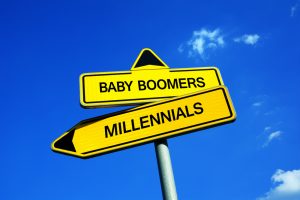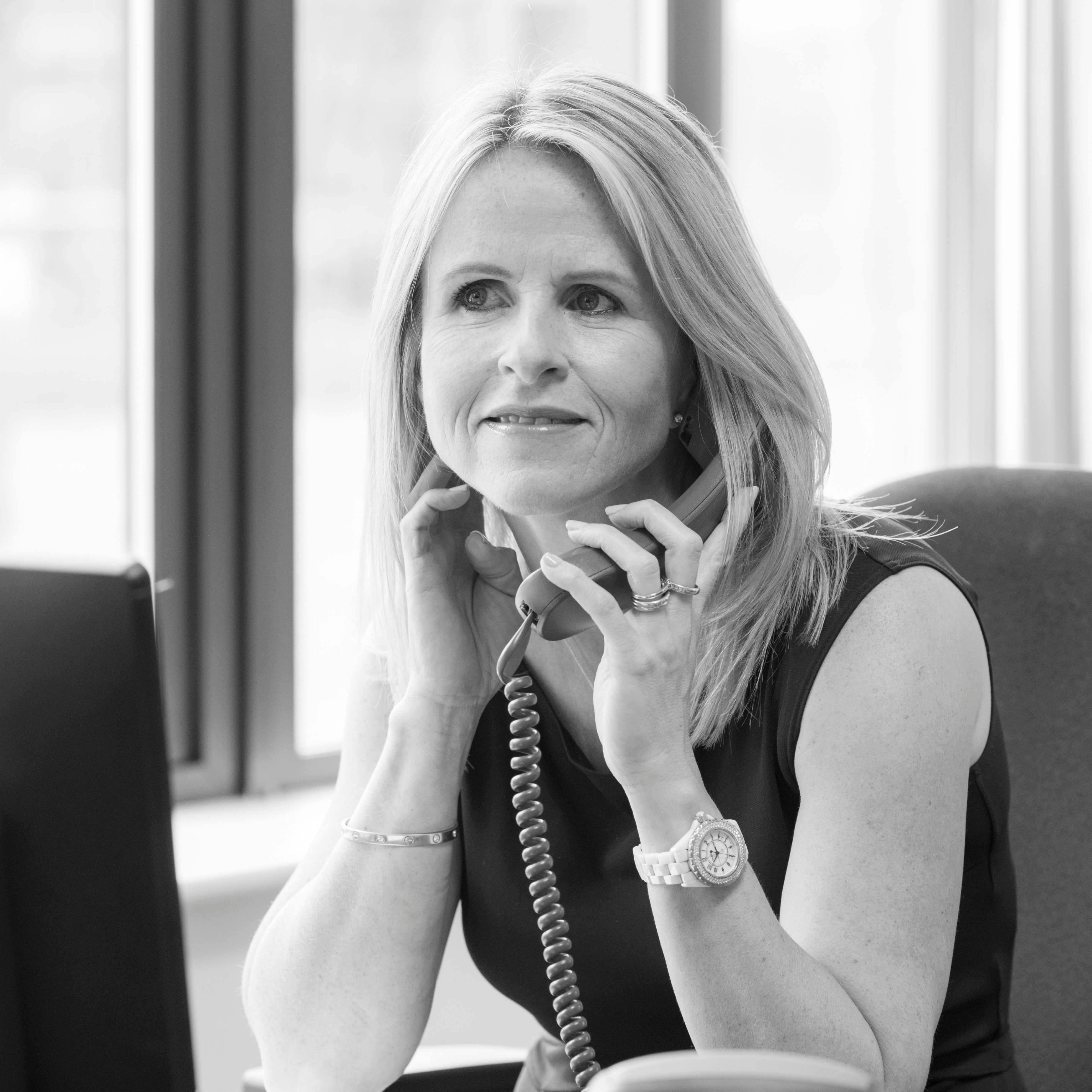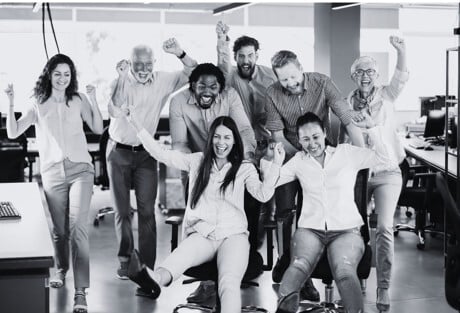Recently we talked about the different generations in the workplace and gave an overview of what you need to know about the people in your organisation, and those you want to attract, whether they are baby boomers, generation X or gen Y (millennials).
In the second part of our series on this hot topic we want to explore why you may experience challenges within teams where you have multigenerational members.
In everyday life, irrespective of which generation you are from, gen Y, gen X or baby boomer, we
experience each other through conversations, actions and general behaviour.
As human beings, we all make judgements about other people based on their behaviours and appearance. ‘First impressions count’ became a term for a reason. So when we see or hear something unusual, our first reaction is to make a judgment.
Let’s imagine that a colleague had an idea on how to improve a long-standing process that the team had been using, and tested it themselves. After a successful trial, this idea is immediately shut down, disrespectfully by a colleague... ouch!
The result of the above interaction could create a level of tension between these two individuals and is a typical example of a scenario that can happen across many offices and organisations.
The question then is why do we judge and respond in a unsupportive way?

Generally, we make judgments about things that we don’t understand, or that don't conform to what we've learnt from our own experiences.
Going back to the above example, if a baby boomer of gen X has always asked their manager for permission to test ideas, then a young gen Y or millennial colleague proactively running their own mini tests would cause judgement to kick in.
The reverse judgement could be that the young millennial thinks that “all baby boomers /gen x are reactive rather than proactive”, which again isn't a helpful judgement either.
What are our most common judgements based on?

The most common judgements that we all unconsciously make are based on appearances.
Be honest, who hasn’t at some point judged someone based on one of the following:
-
A combination of piercings, tattoos and dreadlocks.
-
The length of someone’s skirt, how revealing a top is, or the length of a man’s trousers.
-
Someone wearing scuffed shoes in an interview, or their tie being loose and top button undone
-
Excessive amounts of perfume or aftershave.
The team at Lucy Walker Recruitment deal with candidates and hiring managers unconsciously judging each other daily.
While some observations are completely valid, too often people can be far too quick to judge before they can represent themselves to the fullest.
What are the implications of judging others?

When you have a multigenerational team, and individuals who are quick to judge their colleagues,
they often stop making an effort to get to know and understand each other better.
Steven Covey (1932-2012) was and remains a hugely influential management expert. His most famous book was The Seven Habits of Highly Effective People, in which he describes 7 aspirational habits for individuals to adopt in their personal and professional lives. The second habit is 'seek first to understand before being understood'.
When we judge others, we simply stop ourselves from seeking to understand them. The consequences of this means that we are unable to learn from each other, we are not open to new ideas and we don’t allow ourselves to value the talents and strengths that everyone has to bring.
Can we help? We have placed and filled over 100,000 temp and permanent assignments over the last 30 years so have a range of techniques, ideas and platforms which could help you. Why not call us on 0113 367 2880 to have a conversation with one of our team. Alternatively drop us an email here or check out our Testimonials and Case Studies.




.webp)
.png)



-1.jpg)
.jpg)







.png)






